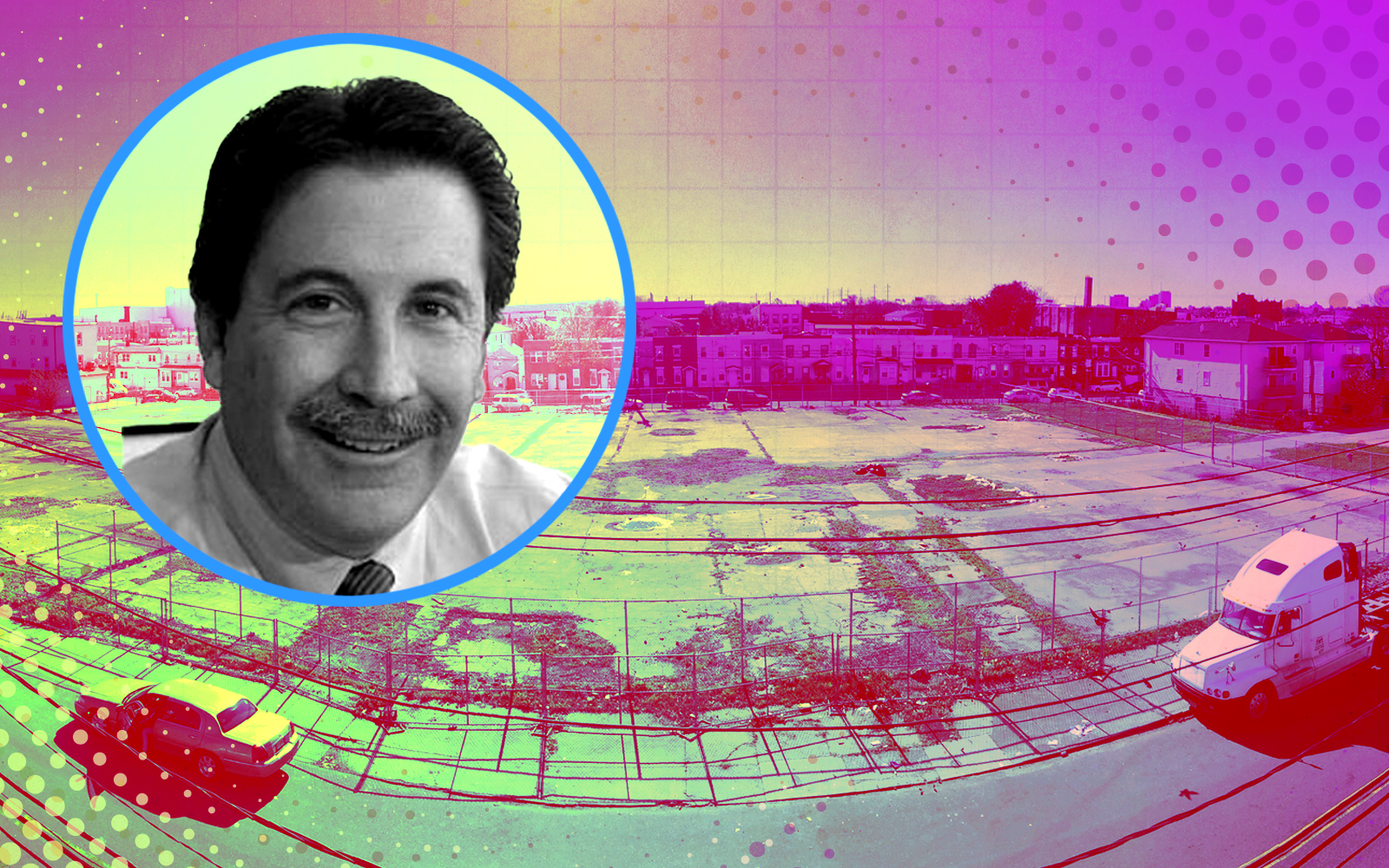Developers might get a chance to make New Jersey’s most populous city even more so.
Newark officials proposed several changes to the city’s zoning laws, JerseyDigs reported. The idea is to revitalize the city’s commercial corridors and ease the backlog of zoning board applications, which is slowing development.
The most prominent proposals are to allow taller buildings in commercial and mixed-use zones — up to eight stories in the latter — and to let storefronts be turned into housing. The goals are to accelerate development and fill empty retail space.
Major thoroughfares and outer neighborhoods would likely see the bulk of the changes.
“We feel like the upzoning will provide more housing, promote walkability and just help us in addressing blight and vacancy that exists on some of these primary and secondary corridors,” Pallavi Shinde, acting planning manager, told JerseyDigs.
Not everyone is on board, though. JV Valladolid, environmental justice organizer at the Ironbound Community Corporation, predicted development would push rents up and residents out.
“The city pointed to the need for development because we have a housing shortage,” Valladolid said. “But these high-rises drive up the cost of rent — it causes displacement and out-prices people from the community they live in.”
But research has shown otherwise. In 2019, Furman Center doctoral fellow Xiaodi Li found that in New York City, for every 10 percent increase in housing supply, rents for properties within 500 feet drop by 1 percent. And Kate Pennington of UC-Berkeley found rents fall by 2 percent within 100 meters of new developments in San Francisco, while renters’ risk of moving to a lower-income neighborhood falls by 17 percent.
The studies are part of a growing body of research that shows adding housing supply keeps rents down, not only regionally but locally. Still, Newark officials will have to overcome the impression that neighborhood improvements will be bad for current tenants.
For the city’s part, Ladd said Newark is boosting affordability by requiring income-restricted units in new housing, selling city land for affordable development, running Section 8 homeownership programs and offering assistance on down payments.
A Rutgers think tank found in 2021 that the city needs to build more than 16,000 affordable units.
— Holden Walter-Warner
Read more



